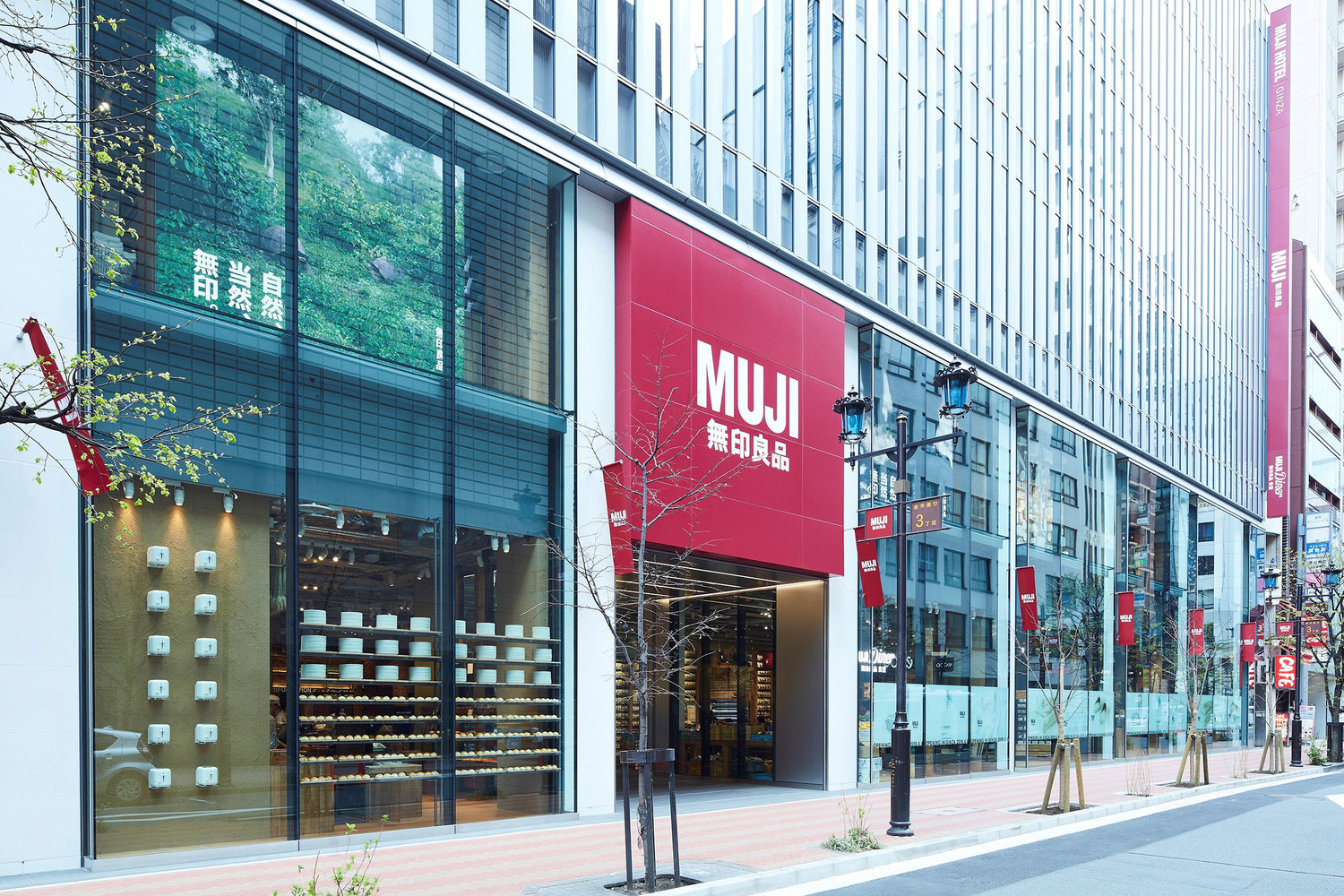On 11 November, MUJI (the Japanese supermarket chain) opened its first fresh food complex in Shanghai in partnership with JD.com’s supermarket Seven Fresh.
This complex covers an area of 4,130 sqm, offering a variety of food selections, from fresh vegetables, meat and seafood to instant ramen and pizza. Located near a large middle-income neighbourhood with over 30,000 permanent residents, this MUJI store is confident in entering China’s supermarket sector with its unique philosophy “no brand, quality goods” – the meaning of MUJI in Japanese.
This is a shrewd choice, by partnering with JD they are able to tap into their consumer base, easing their movements within another country. By targeting the area they have as well, people with middle-income, they attract those consumers likely to buy higher-quality goods, the kind MUJI sells.
JD.com’s robust supply chain across China and the world enables MUJI to offer food made with the best ingredients. “Thirty per cent of the food sold in this MUJI complex are baked goods, and more than 90% of them are developed solely by Seven Fresh,” said an employee from the store.
Although China has become the second-largest bakery market since 2016, and its sales of baked goods have reached $34 billion in 2020, there is still a lack of industry leaders. Seven Fresh helps MUJI tap into this tempting business, by focusing on low-calorie and zero-addition baking products as more people pay attention to a healthy diet.
For instance, Seven Fresh’s Cranberry Mochi Bread is made of cranberries from the United States, white granulated sugar from South Korea, rum from Cuba, milk powder from New Zealand, sesame potato powder from Japan, and eggs from China. This multicultural product allows them to source the best quality ingredients and get the natural versions, allowing for less artificial ingredients and therefore healthier goods.
The Shanghai MUJI grocery store also offers same-day delivery services, which can be done within an hour thanks to JD.com’s smart concept of storefront-warehouse operations. Another fantastic experience the MUJI store can offer is five-star food made by first-class chefs and bakers, adding more excitement to Chinese people’s daily meal without the bother of finding and going to a Michelin restaurant. MUJI has thought cleverly about their entry into the market, seizing on consumer values and also working to find a niche they can fill in a crowded market.
MUJI’s collaboration with JD.com in the fresh food sector does not come as a surprise, last June MUJI already trialled its first convenience store, MUJI.com, at JD.com’s headquarters in Beijing.
Moreover, JD.com’s retail experience, particularly in the grocery market, can be a shortcut for MUJI to march into this overseas market. There is excitement within this partnership and the potential for MUJI to create a base of operations within China, utilising their collaboration with JD.com to allow them to push further into the market over the next few years.
Read more:









